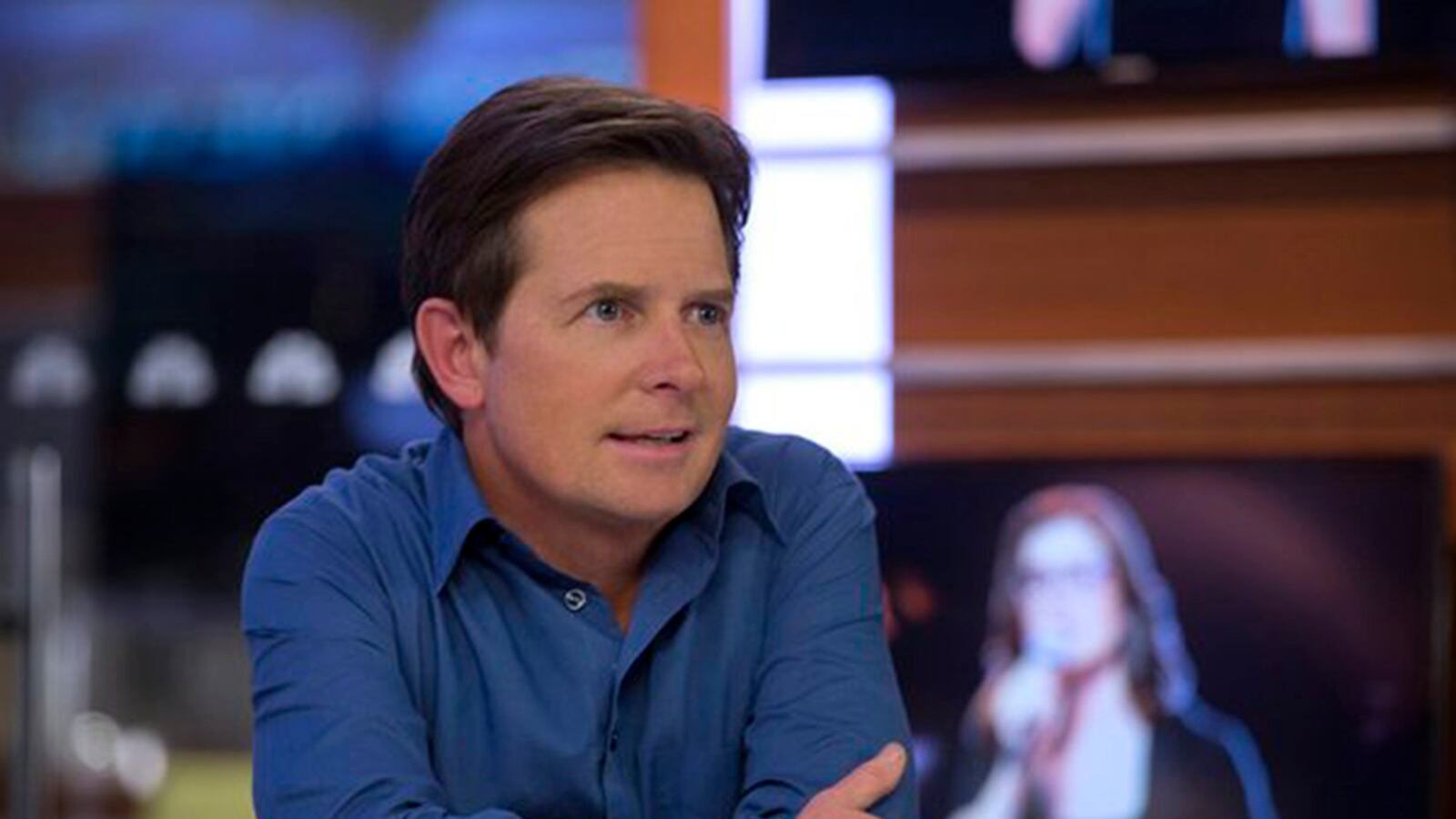Tonight, Michael J. Fox will once again bring Parkinson’s disease into the national conversation.
The first time was in 1998, when he announced he’d been living with early-onset Parkinson’s for seven years. Then, in 2000, he announced his retirement from acting because of his progressing disease. But now the conversation has changed once again, and he is returning to our living rooms once a week, starring in a new sitcom, The Michael J. Fox Show.

For 13 years, I’ve had the great privilege of being by Michael’s side at his namesake Parkinson’s research foundation, which we launched together shortly after he retired from Spin City. That’s given me a close-up perspective from which to be inspired by his endless optimism and determination. In a storied career, it may be his unfailingly positive outlook for which he is most admired and emulated.
Still, for the past several months our foundation has been fielding a single question: After more than 20 years with Parkinson’s, optimist or not, how is he able to go back to full-time acting? There’s no simple answer. Michael acknowledges the good fortune he has in a loving, supportive family and financial independence, which have provided certain advantages in dealing with his disease.
And he says: “Everybody gets their own version of Parkinson’s. Different meds work for different people, and you’re always trying to find the perfect combination. I think I found what works for me right now. And I’m so lucky.”
The power of Michael’s brand of optimism shouldn’t be underestimated. An ever-growing body of research links a great attitude to better long-term health outcomes. (A 2010 study published in the American Heart Association’s journal Circulation showed that optimists and those with a sunnier outlook on life were 14 percent less likely to die from any cause than their more pessimistic counterparts.) Taking an optimistic view also often goes hand-in-hand with feeling empowered to shape your own destiny. Again, Michael is my example: Arguably no one has taken a more active role in the fight against Parkinson’s—launching a foundation with the sole mission of galvanizing scientific progress toward a cure. Today we stand as the world’s largest private funder of Parkinson’s research, with over $350 million invested to date, much of it to push forward risky but potentially high-impact projects that other funders can’t or won’t.
At the risk of stating the obvious, we can’t all be Michael J. Fox. But there are countless opportunities for the rest of us to be “like Mike” and take part in our own way—many of which have nothing to do with writing a check. Things like participating in research studies—I’m doing this myself as a control volunteer in our Foundation’s landmark study seeking biomarkers of Parkinson’s—spitting in a tube to help scientists translate basic genetic findings into practical treatments, or even filling out surveys and contributing data about everyday living that can help researchers understand the true nature of disease. Some of these are things only patients can do; some are also open to those of us who live alongside patients, worrying about them, caring for them, and feeling we can never do enough to help bring a cure faster.
Regardless of how you choose to get involved, never doubt that your contribution is vital and meaningful.
“There’s no qualifying amount that you have to do—but there’s also no limit to what you can do,” Michael said recently.
Tremendous work remains to be done to address the unmet medical needs of the estimated 5 million Parkinson’s patients worldwide. Our Foundation is helping drive tangible progress to improve treatment options, and today there are more promising Parkinson’s drugs in the development pipeline than we’ve seen in decades, if not ever. But there is still no standard way of diagnosing Parkinson’s, still no way of assuring that all Parkinson’s patients are receiving a basic standard of care for their disease, and there is still no cure.
Each day brings new hope, and we will keep at this until Parkinson’s is a thing of the past. Until then, I’m on a mission to make sure patients and those who care about them know that every one of us has what it takes to be part of the solution. So join me—the more involved we get, the better we are likely to feel. And the better we feel, the healthier we’re likely to be.






